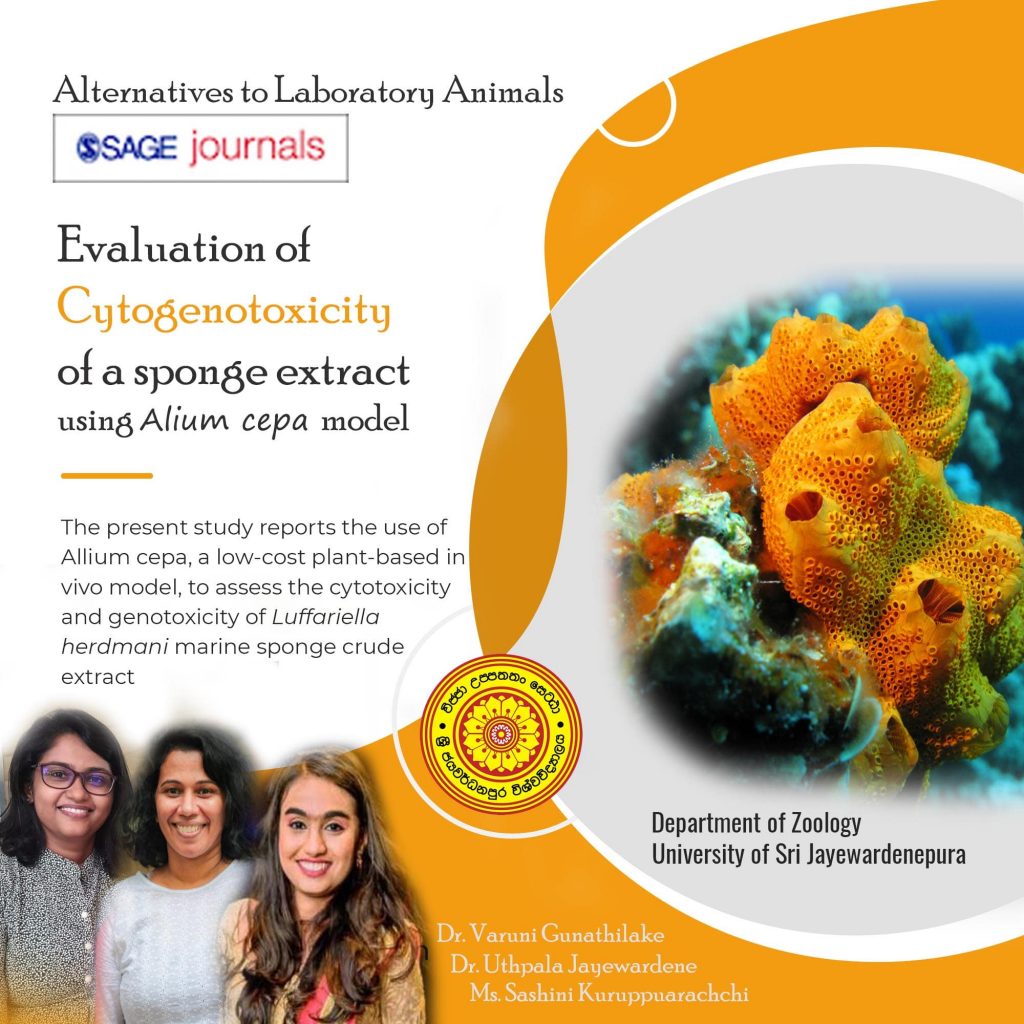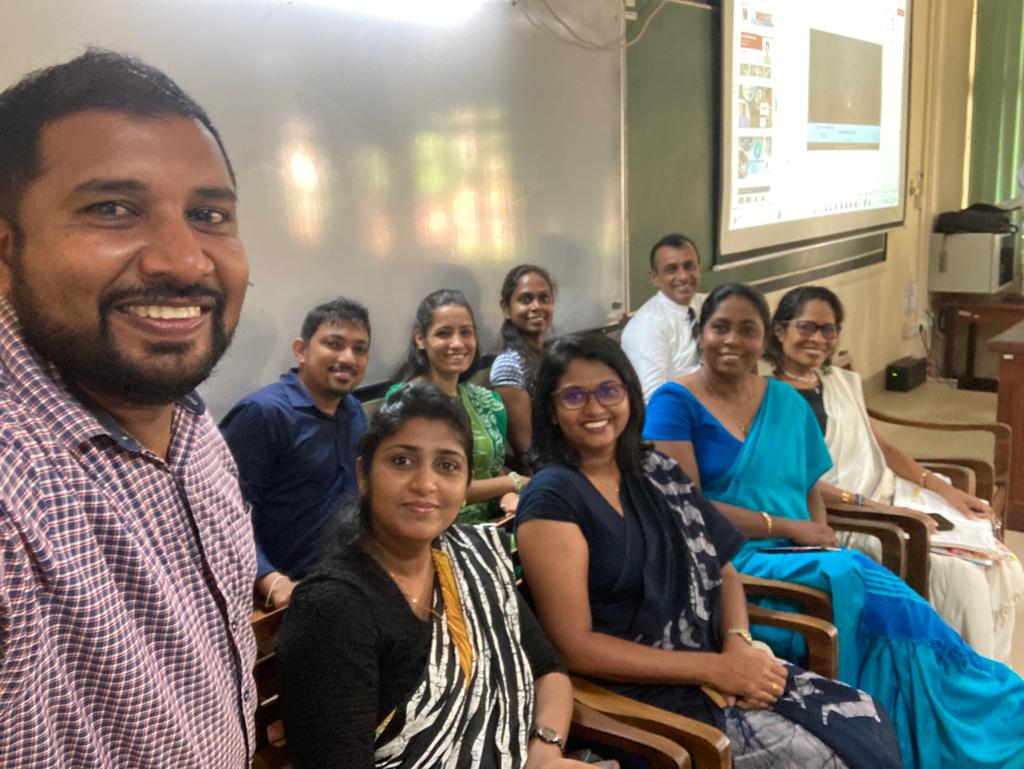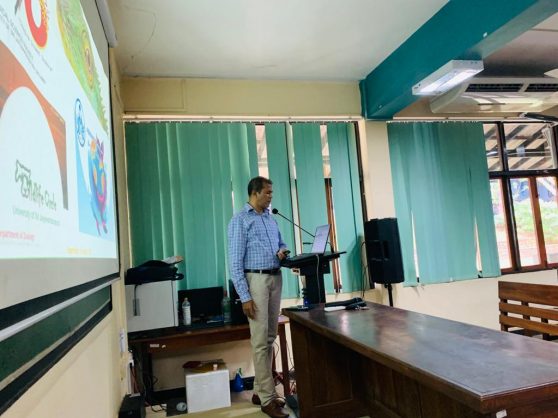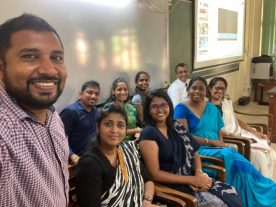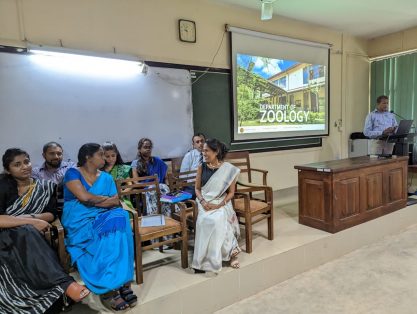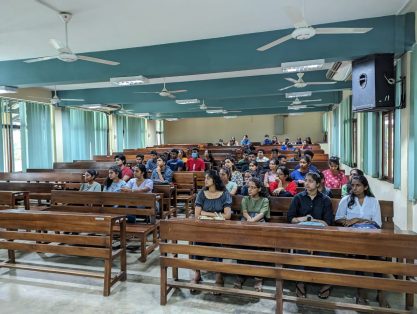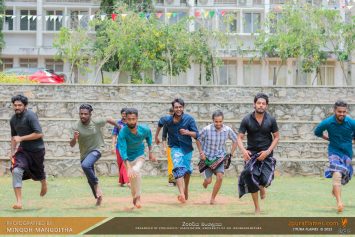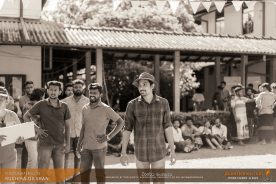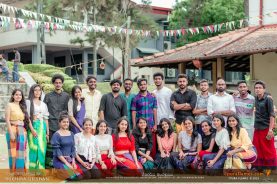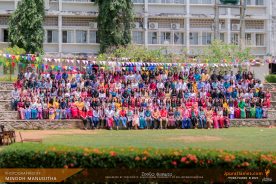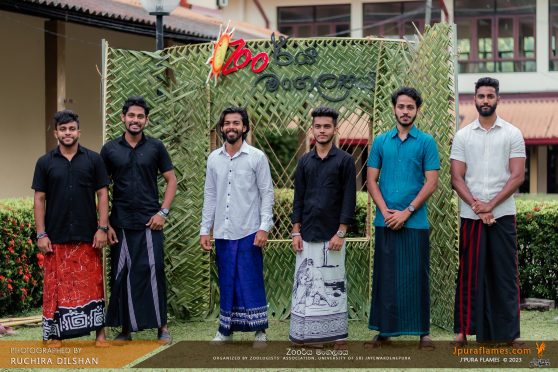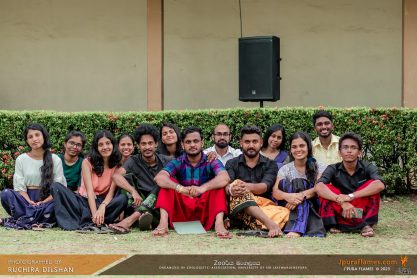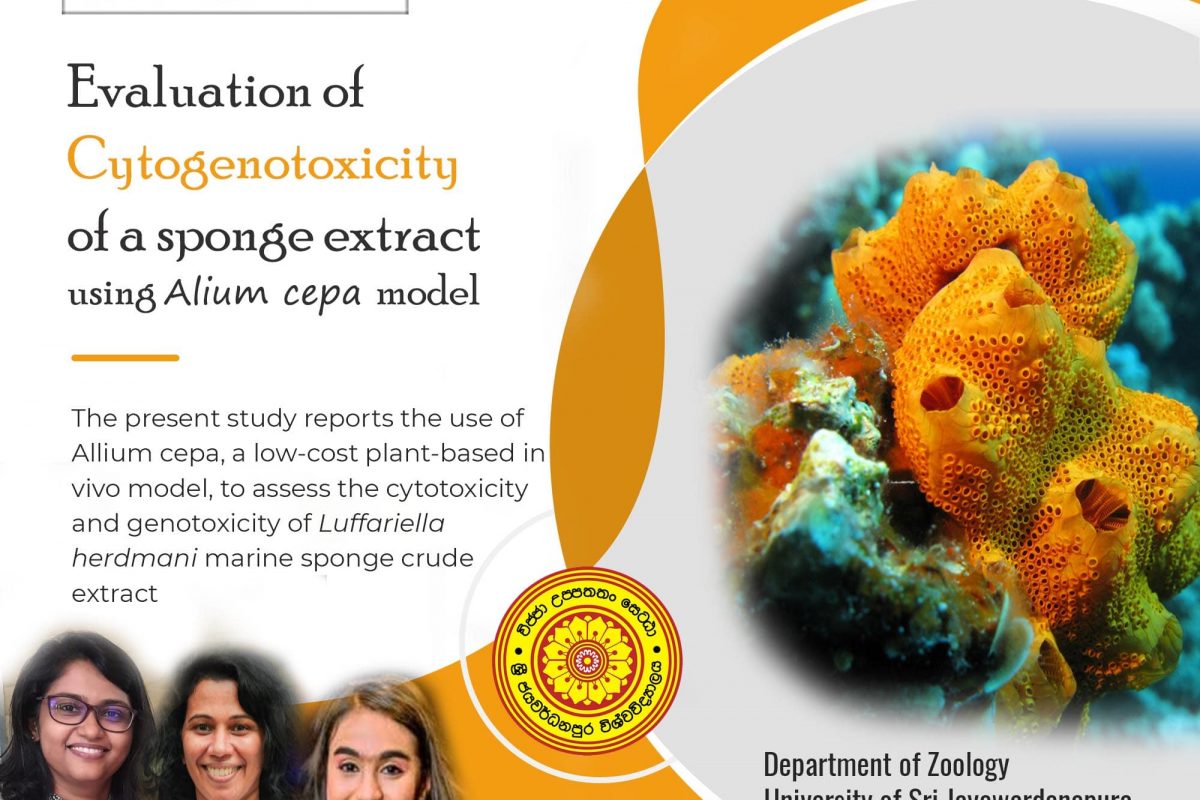The Department Orientation Programme for the new batch of 2023 was held at the Zoology Auditorium starting from 8 am on 26th May. The event was attended by all staff members and zoology students, creating a welcoming and inclusive atmosphere for the occasion. Overall, the Department Orientation Programme served as a comprehensive platform to welcome and orient the new batch of 2023. It aimed to provide them with a holistic understanding of the Department’s resources, study programmes, career opportunities, and student activities, setting a strong foundation for their academic and personal growth within the field of Zoology, Aquatic Resources Management and Biology.
The Zooර්ය මංගල්යය, an annual event organized by the Zoologists’ Association of the University of Sri Jayewardenepura, took place on April 30th at the university premises. The event provided a unique platform for students, staff, and their family members to come together and celebrate the Sinhala-Hindu New Year. It was a fun-filled event with many traditional games.
Sashini U. Kuruppuarachchi, Uthpala A. Jayawardena and Varuni K. Gunathilake
published in Alternatives to Laboratory Animals
Marine sponge extracts are known to contain potentially toxic compounds that have biological activities of possible pharmacological interest. Thus, it is vital that biological models are used for the preliminary toxicity screening of such extracts. The present study reports the use of Allium cepa, a low-cost plant-based in vivo model, to assess the cytotoxicity and genotoxicity of Luffariella herdmani marine sponge crude extract (SCE). Pre-germinated onion bulbs, exposed for 96 hours to different concentrations of SCE (ranging from 0.3125 to 20 μg/ml), were used to determine general cytotoxicity. Root length as well as morphological abnormalities were recorded. Genotoxicity was assessed by exposing the root tips to SCE (0.3125–20 μg/ml) and the appropriate controls for 48 hours, and then staining with acetocarmine. The
Mitotic Index (MI), Mitotic Phase Indices (MPIs) and chromosomal aberrations were evaluated and recorded. SCE inhibited A. cepa root growth (EC50 = 10.34 μg/ml) and elicited a mitodepressive effect (LC50 = 1.95 μg/ml) in a dose-dependent and significant manner. In addition, macroscopic alterations as well as chromosomal aberrations were detected. Overall, our findings indicate that L. herdmani crude extract exhibits cytotoxic and genotoxic activity, suggesting that it might contain substances with anti-proliferative/anticancer potential that could be subject to further characterisation.
